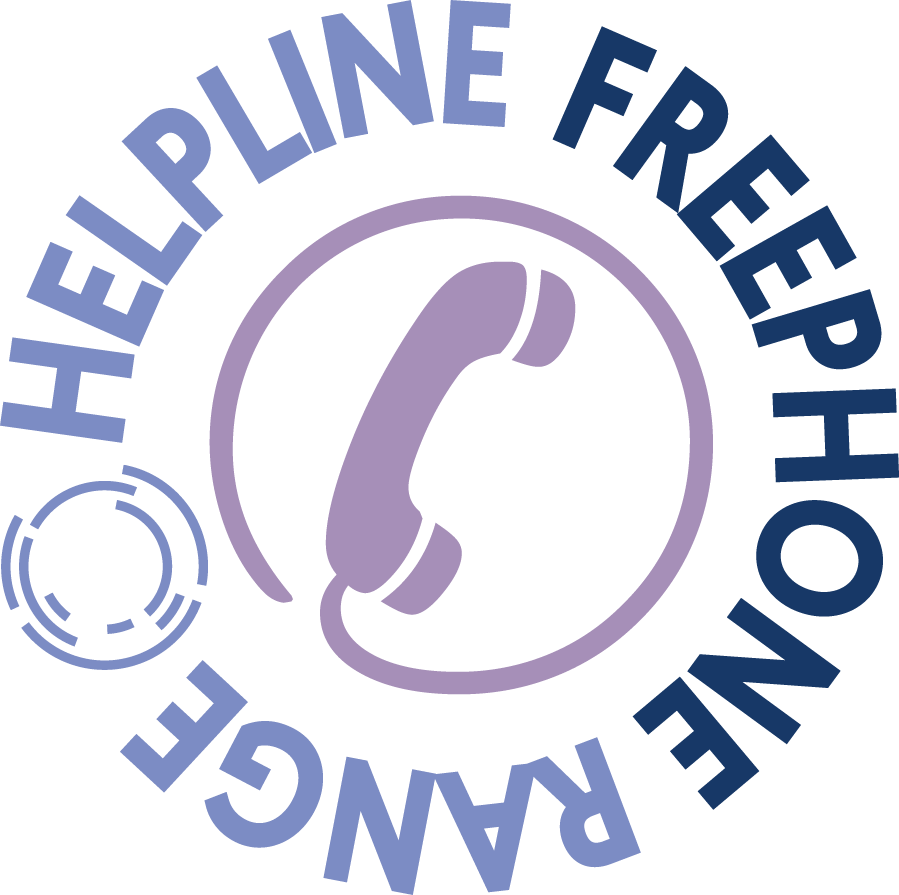The new figures show that the number of deaths dropped from 187 (a rate of 0.29 deaths per 1,000 live births) in 2019 to 150 (a rate of 0.24 deaths per 1,000) in 2020. However, the ONS has cautioned that the coronavirus pandemic has caused registration delays for infant deaths so some deaths that occurred in 2020 may not be included in the current 2020 data. Last year’s release originally showed a figure of 170 deaths in 2019 but this has now been recorded as 187 deaths.
Although rates have declined over the past 10 years, leading SIDS charity The Lullaby Trust has expressed concern over the impact increasing social deprivation may have on the numbers of babies dying due to SIDS. Challenges to public health may additionally make it more difficult to ensure all families are supported to follow safer sleep advice.
Deprivation can have a significant impact on infant mortality, with a 2021 report from the National Child Mortality database concluding that 1 in 5 child deaths could be avoided if children living in the most deprived areas had the same mortality risk as those living in the least deprived. The report also found a clear association between the risk of sudden infant death and social deprivation in England. In light of the current cost of living crisis, The Lullaby Trust urges that all parents and carers are given safer sleep advice both before and after a baby is born that is tailored and takes into account the challenges they face.
Jenny Ward, CEO of The Lullaby Trust says:
‘‘Whilst we welcome the reduction in SIDS rates in 2020, we are deeply concerned that the increasing number of families living in deprivation will lead to increases in the number of deaths. The reduction in SIDS rates over the last 10 years shows that safer sleep is essential in saving babies’ lives, but the current circumstances and pressures on public health services are making accessing and following safer sleep advice more difficult. All families need advice and support on how to reduce the risk of SIDS for their baby that is tailored to them. We have already had enquiries from families who are worried about keeping their babies warm, if they cannot afford to heat their homes. This could lead to them overwrapping their baby, causing them to overheat which is a significant risk factor for SIDS. Some families may feel that their baby will be warmer sharing a bed with them but we know that this is a high risk situation for some babies. It is vital that families are made aware of the safer sleep advice and how they can keep following this advice even in really difficult circumstances. “
Earlier this year, The Lullaby Trust created ‘Safer sleep advice for emergency situations’ in recognition that following a safer sleep routine can be difficult for families fleeing conflict or crisis. This resource includes important advice for different sleeping situations, taking into account that some families may not have an ideal sleeping place for their baby on any given night . The Lullaby Trust is working with the Royal College of Midwives to ensure safer sleep messages reach families who are at a higher risk of their baby dying of SIDS and are producing new resources aimed at parents with premature babies. COVID-19 has placed increased pressure on health professionals, so The Lullaby Trust provide a variety of safer sleep resources to help them support their work with families.
The Lullaby Trust also run a young parent project called Little Lullaby. SIDS rates are highest for mothers aged under 20 years. In 2020, mothers aged under 20 years were over seven times more likely to experience unexplained infant deaths than mothers aged 30 to 34 years. Little Lullaby works with young parents to provide support and information on how to reduce the risk of SIDS.
The ONS figures show that the rate of SIDS is highest in the Yorkshire and the Humber with 0.43 deaths per 1,000 live births, 79% above the average rate in England and Wales.
To read the full report, please click here.
For more information about how we support families affected by SIDS and loss, head to our Bereavement Support page.

